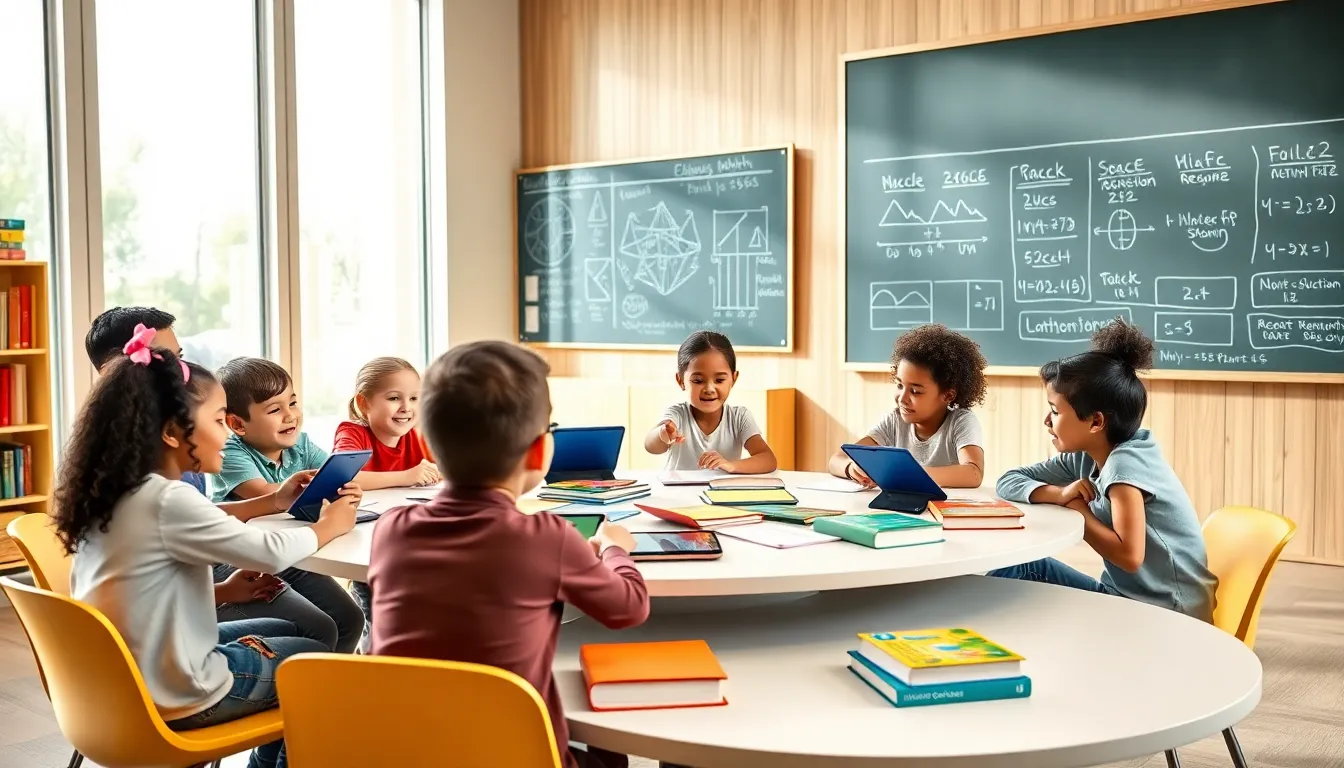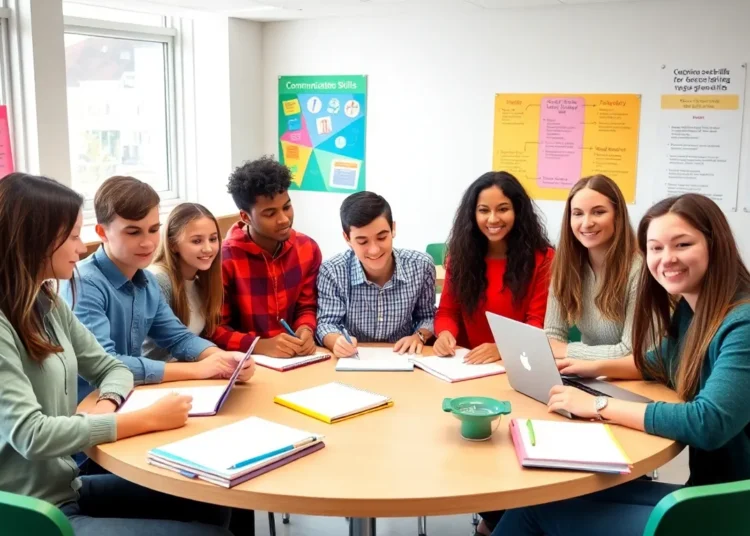Imagine a world where every kid roams the halls, not just snagging lunch money but diving into knowledge like it’s the latest video game. School education isn’t just a bunch of numbers and grammar rules: it’s the ultimate power-up for future life challenges. Think of it as a training ground for everything from critical thinking to job readiness. Let’s explore why that classroom full of restless kids matters so much in shaping not just careers but also responsible citizens.
Building a Strong Foundation for Future Learning

School education lays the groundwork for a lifetime of learning. Much like a sturdy house requires a solid foundation, students need a comprehensive base of knowledge to build upon. From reading to math, these subjects open doors to more complex concepts later on. Without this essential groundwork, diving into advanced topics becomes a challenging job. Besides, a well-rounded curriculum offers exposure to varied subjects, allowing students to discover their unique interests and strengths, which can guide their future educational choices.
Developing Critical Thinking and Problem-Solving Skills
Critical thinking is more than just a buzzword: it’s a vital skill set that schools cultivate. In an age where information is abundant, the ability to analyze and evaluate facts is essential. School encourages students to interrogate the information they receive, ensuring they don’t become mere consumers of knowledge. Through projects, group discussions, and quizzes, learners practice how to approach problems systematically, preparing them for real-world challenges. They learn to ask the right questions, which in itself is a form of intelligence.
Fostering Social Skills and Emotional Intelligence
School isn’t just about academics: it’s a social laboratory where students learn how to connect with others. Through various activities, they build friendships and navigate conflicts, enhancing their social skills. Emotional intelligence, often overlooked, is equally important. Understanding and managing emotions allows students to create better relationships, which is crucial as they grow into adults. These interpersonal skills foster collaboration and teamwork, valuable traits in both personal and professional spheres.
Preparing for Future Career Opportunities
The workforce is constantly evolving, and education plays a crucial role in preparing students for these changes. Schools equip them with both hard and soft skills that employers seek. For instance, technology integration in schools ensures that students are adept at navigating digital tools. Also, career-oriented programs help students explore various industries, paving the way for internships and networking opportunities. By exposure to practical experiences, students can align their studies with their career ambitions, making them more marketable.
Cultivating Habits of Discipline and Responsibility
Discipline and responsibility are the cornerstones of successful individuals, and school is an ideal place to develop these habits. Students learn to manage their time effectively, balancing assignments, extracurricular activities, and social life. They face consequences for missed assignments or poor grades, which teaches accountability. By nurturing these traits, school education prepares students not just academically but also instills values necessary for their future lives. These habits empower them to take charge of their decisions, both in school and beyond.
Promoting Civic Responsibility and Community Engagement
Schools often instill a sense of civic responsibility in students, stressing the importance of contributing to their communities. Through service projects or civic education, students learn about their rights and responsibilities as citizens. Understanding local and global issues encourages empathy and inspires action. Being aware of societal dynamics equips students to engage meaningfully with their communities, fostering a generation of informed citizens ready to partake in democracy and advocacy.









